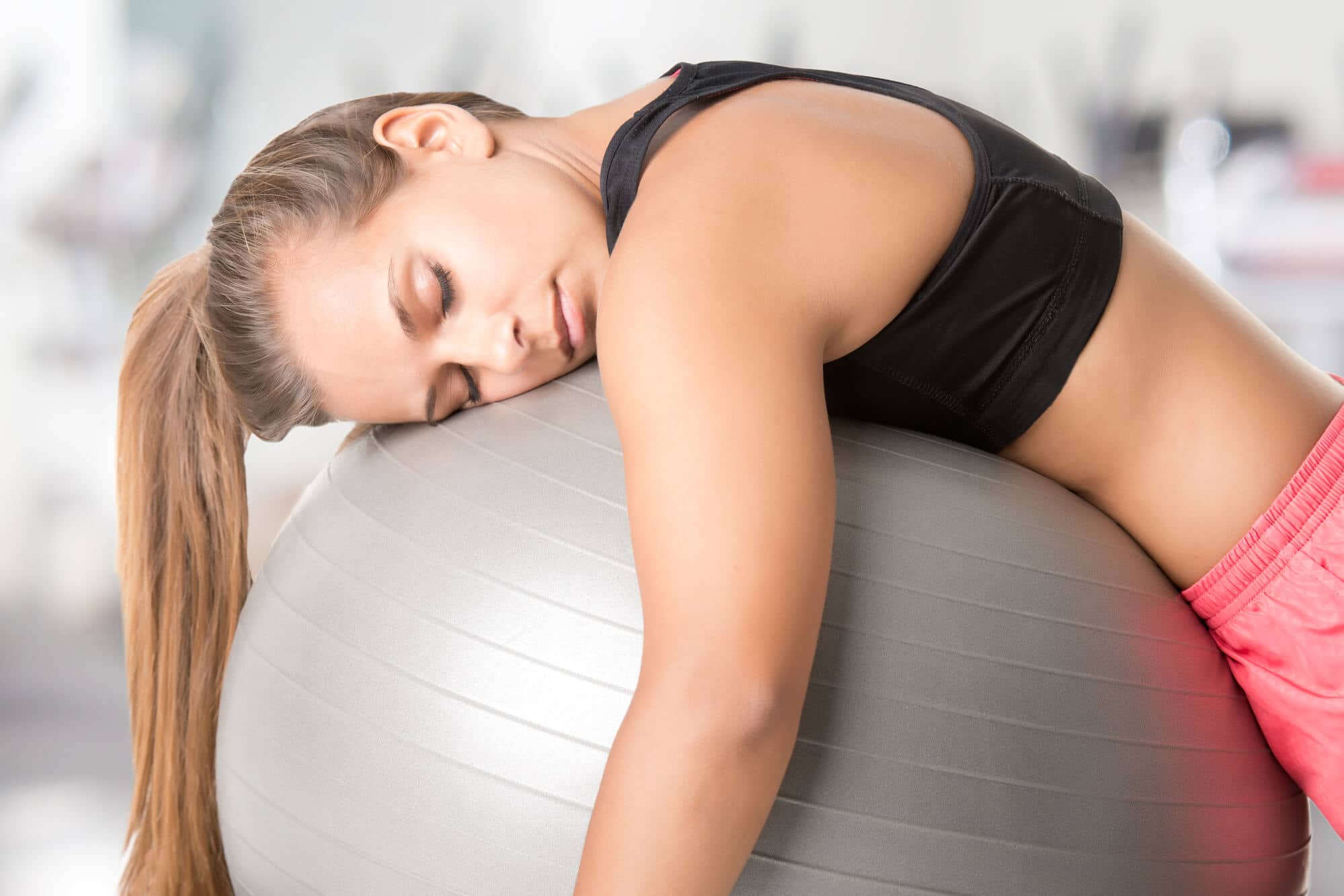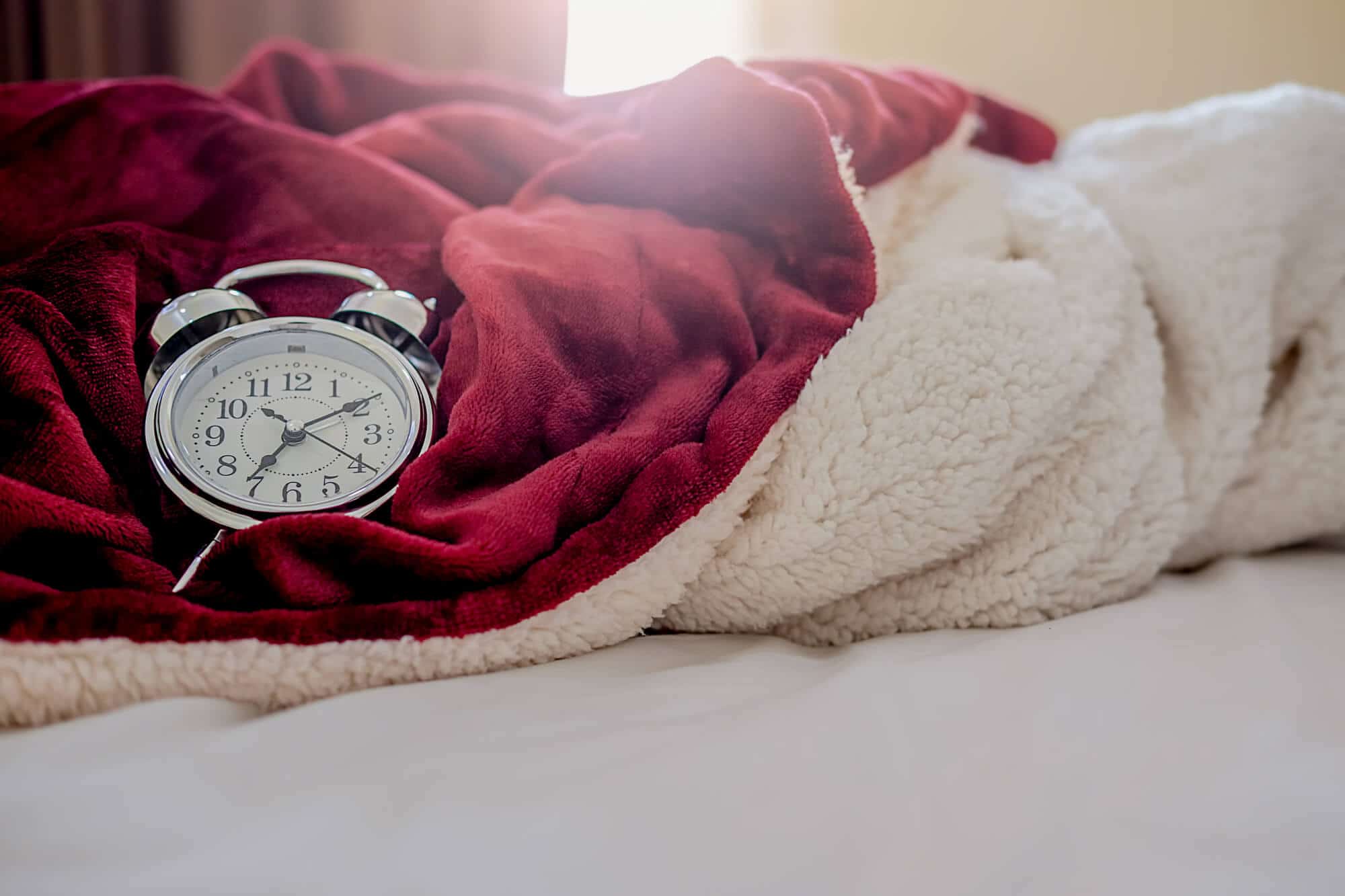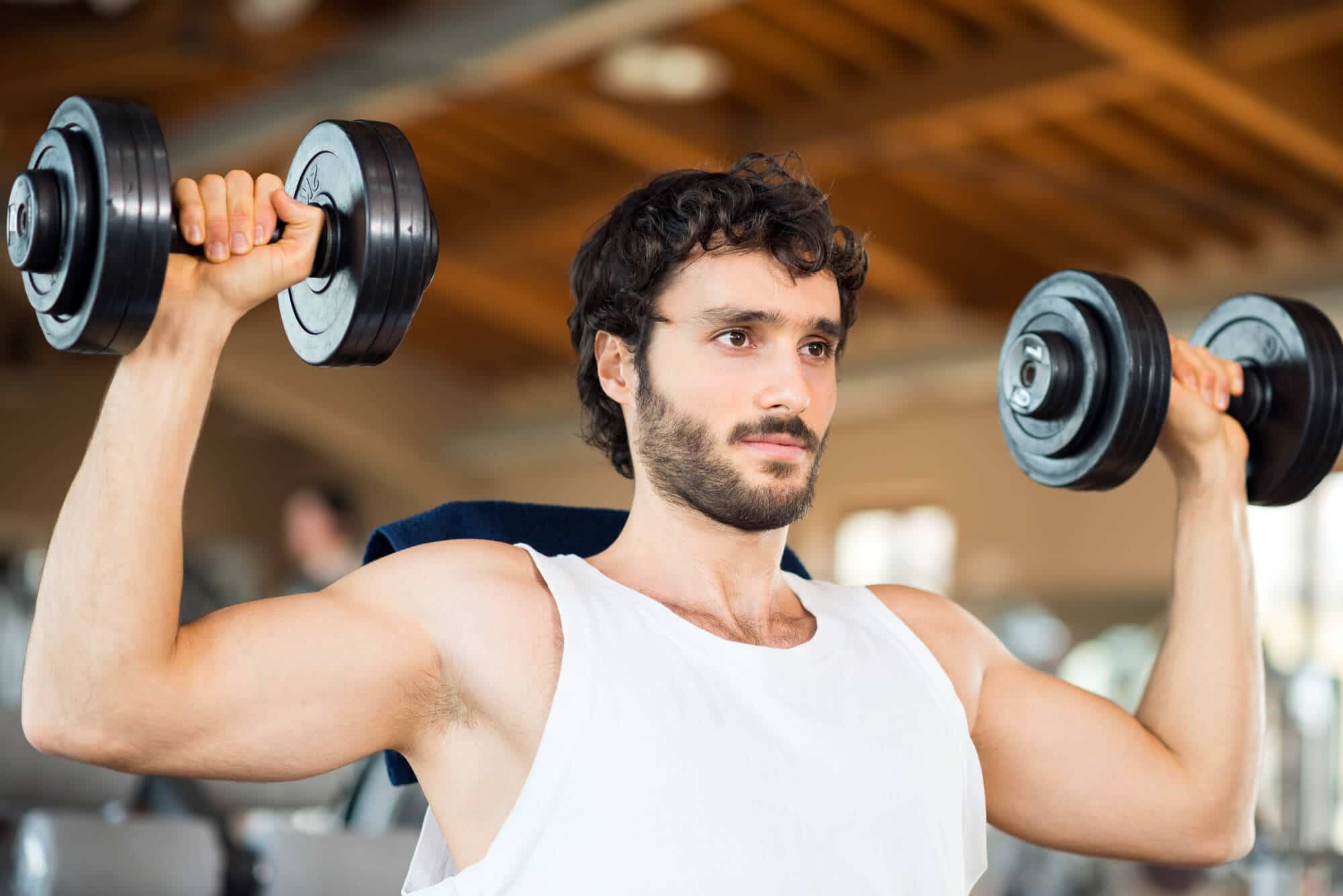How To Beat The Perfect Balance Between Workout And Sleep
This entry was posted on November 10, 2020.

We often end up very tired after a workout. But the problem is, we can’t sleep even if our body feels desperate for a good rest, and it doesn’t help that life overall is hectic.
So, how do we achieve the perfect balance between workouts and sleep?
The Healthy Combination
We know that exercise plays a pivotal role in keeping a healthy lifestyle.
A regular workout can help control weight gain, fight heart disease, and enhance mood.
Ideally, exercise also promotes better sleep at night and greater alertness in the daytime.
But what type of physical activities will allow us to enjoy a good night’s sleep and rest?
How do we find a balance between sleep vs. exercise?
It will probably help if we understand the relationship between exercise and sleep.
Can Exercise Help You Sleep?
A regular workout in the morning or afternoon can impact our sleep quality by raising our body temperature by a few degrees.
When our internal body temperature drops back to the average level by afternoon, we start feeling sluggish and wanting to go to bed.
Similarly, when we exercise outdoors, we are exposed to natural light. And this is an essential element in reminding our body of a natural and good sleep-wake routine.
According to Brett A. Dolezal et al., 2017 (Interrelationship between Sleep and Exercise: A Systematic Review), 29 studies published between January 2013 and March 2017 showed that “exercise improved sleep quality or duration”, which affirms the intimate relationship between sleep and exercise.
Exercising will help you get quality sleep, but how will sleep or lack thereof, impact your workout routine?
Can Sleep Help Your Workout?
Sleep affects exercise. Sleep allows our body to conserve energy, rebuild muscles, and recover from physical stress.
If we don’t sleep, we undermine our body. Having enough sleep helps motivate us to stick to our exercise plans, according to research published by the Journal of Clinical Sleep Medicine.
Sleep deprivation can make exercise feel harder, according to the same study.
Other studies showed that even just one night of less sleep, the treadmill’s endurance performance decreases because it feels so much tougher to work out.
There’s indeed a direct relation between sleep and exercise. If we don’t have quality sleep, we’re likely to miss out on our exercise routine the next day.
What Is The Best Time To Exercise?
The ideal and best time to exercise for sleep is in the morning or afternoon, not at night.
If we work out in the early morning, we will enjoy a longer, restful sleep at night.
An afternoon exercise will let our body temperature rise and fall. Exercising at night time doesn’t allow for the body temperature change to occur, causing sleeping problems.
Therefore, balancing sleep and morning exercise requires scheduling our workout and exercise routines in the morning.
What Exercises Can Strike A Perfect Balance Between Sleep And Workout
Morning Jog
You can sleep better if you do a morning jog. This activity will give a particular boost to adequate rest and deep sleep.
Aerobic Exercises
This physical activity causes the body to release endorphins which create a brain activity that keeps people awake.
If you do aerobic exercises at least 1–2 hours working out before bed, you’re giving the endorphin levels time to wash out.
This activity will subsequently force the brain to wind down and fall asleep.
Strength Training
Engaging in a strength training workout will improve the quality of sleep.
This physical activity will also help you fall asleep faster and wake up less throughout the night.
Your workout plan should include squats, lunges, sit-ups, push-ups, and shoulder presses.
Yoga
The relaxing stretches and poses of yoga plus the calming breathing exercises will help you fall asleep if stress prevents you from getting your rest.
If you have insomnia, a daily yoga routine for eight weeks will help you fall asleep faster.
Sleep on Time!
While we recommend these exercises, you must determine what activity will work for you.
As individuals, we’ve different responses to workouts and sleep.
What could work for you may not be useful for others. But you can feel good knowing that with the right combination and balance between workout and sleep, you’re on your way to a healthy path.
More from Fitness Expo
The Best Multifunction Home Gym Equipment for All Muscle Groups
7 Ultimate Exercises and Stretches For Lower Back Pain Relief





